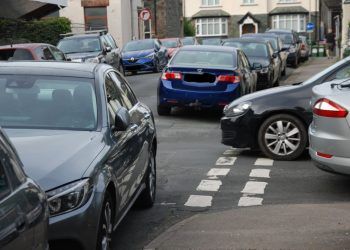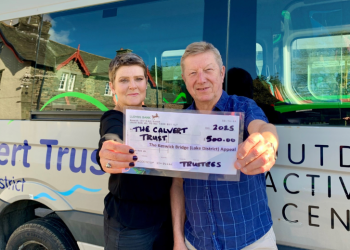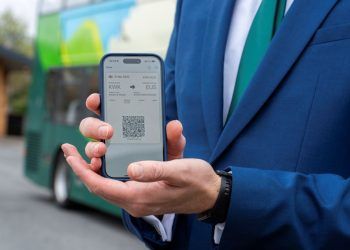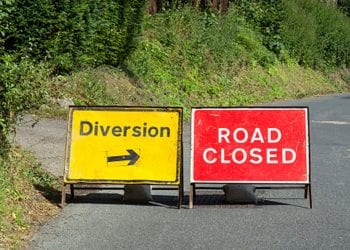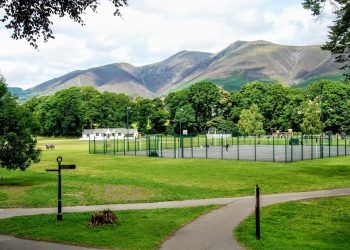The North West Air Ambulance Charity (NWAA) has partnered with the North West Ambulance Service (NWAS) to launch a new inter-hospital patient transfer service in response to the COVID-19 crisis facing the region.
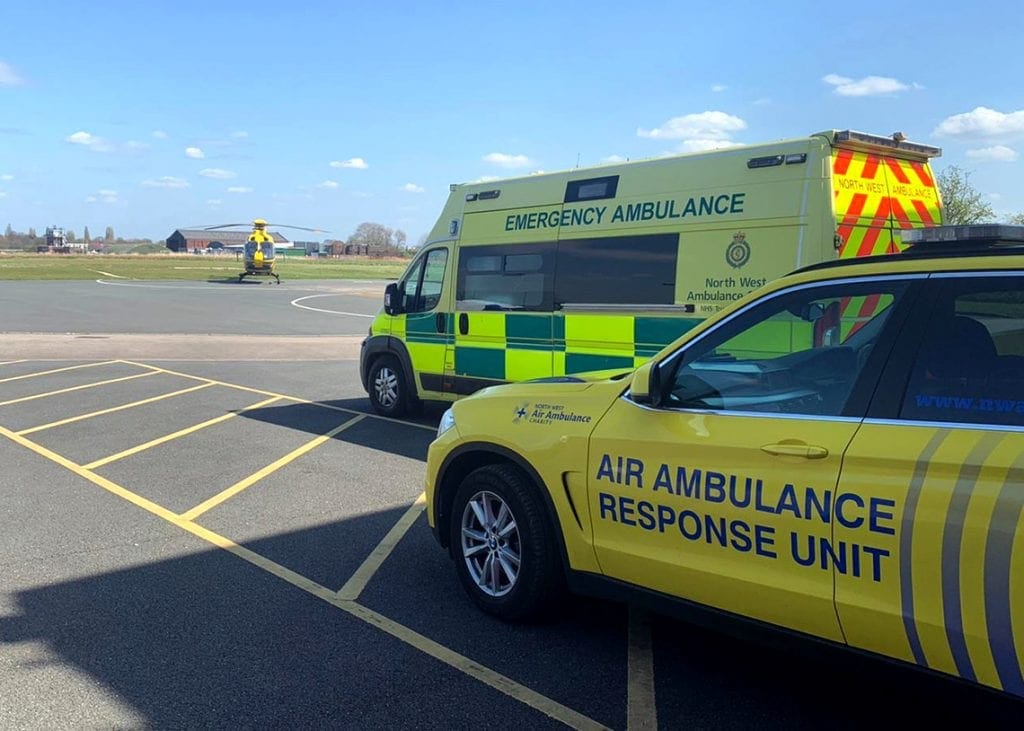
This new dedicated collaborative project will provide an inter-hospital transfer for critically ill COVID-19 patients, so that they can be quickly and safely transferred to hospitals with greater available ICU resource at that time.
NWAA HEMS (Helicopter Emergency Medical Services) paramedics will use a dedicated land ambulance provided by NWAS to transfer these critically ill patients, along with a specifically trained doctor from the originating hospital and a number of other support staff provided by NWAS.
The charity’s HEMS paramedics have specific additional training to enable them to assist medical staff with critically ill patients. They are used to working in doctor-led teams, are familiar with specialist equipment and are experts in the pre-hospital environment – including safe transfer between hospitals. NWAA is providing these paramedics to enable highly trained NHS hospital staff, who would usually escort these patients, to remain on site and continue to treat other critically ill patients.
The partnership will enable timely movement of COVID-19 patients and help prevent any one hospital becoming overwhelmed, allowing NWAS to continue to take patients to their nearest appropriate hospital. The use of a dedicated vehicle means that other frontline ambulances remain available for responding to patients, including those dialling 999.
The NWAS ambulance provided has been fitted with specialist equipment including monitors, ventilators, and infusion pumps provided by NWAA. It is now based at the air ambulance charity’s Barton helicopter base and will provide a service for any hospital in the North West. When called out, it will also be crewed by a NWAS HART (Hazardous Area Response Team) paramedic, who has additional training in transfers of patients and use of the necessary Personal Protective Equipment (PPE).
Additional specialist equipment, crew and PPE will follow in an NWAA rapid response vehicle to reduce infection risk, driven by a volunteer from the existing NWAS eCFR (enhanced Community First Responder) scheme. Wherever possible, another rapid response vehicle, driven by a NWAA driver or NWAS eCFR volunteer, will follow to repatriate the doctor back to their originating hospital to further minimise their time away from their hospital and other patients.
The scheme will provide 24-hour cover, initially for a period of 4 weeks. Launched in early April, the service is expected to respond flexibly as the pandemic continues and the region’s health system, including partners such as NWAA, evolves its usual working practices to benefit people within the North West.
Consultant-level doctors and paramedics from the air ambulance charity will continue to provide enhanced pre-hospital care to non-COVID-19 related critically ill and injured patients via helicopter and rapid response vehicle, improving survival outcomes across the North West. The service remains 100% charity funded, and currently does not receive Government funding. It instead must fundraise £9.5million each year to stay operational.
The NWAA charity relies entirely on donations from the public and needs to raise more than £9.5 million a year to support its lifesaving service.
For more information on the North West Air Ambulance Charity or to donate, please visit www.nwaa.net or call 0800 587 4570.


